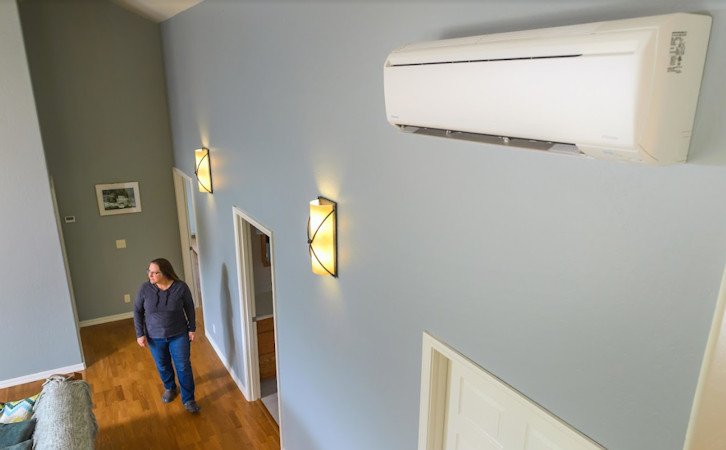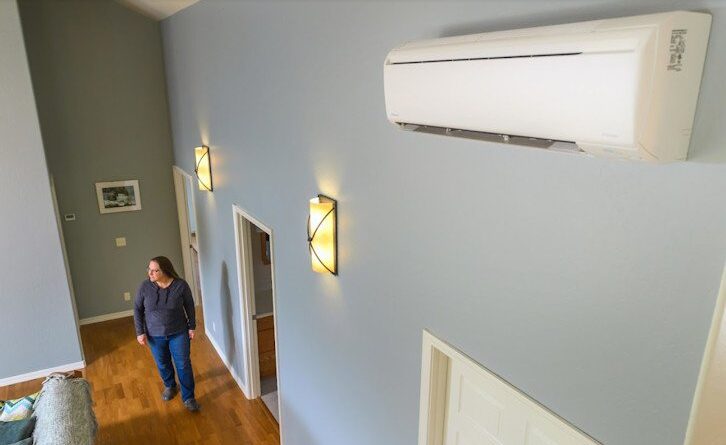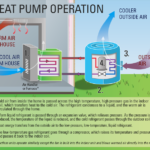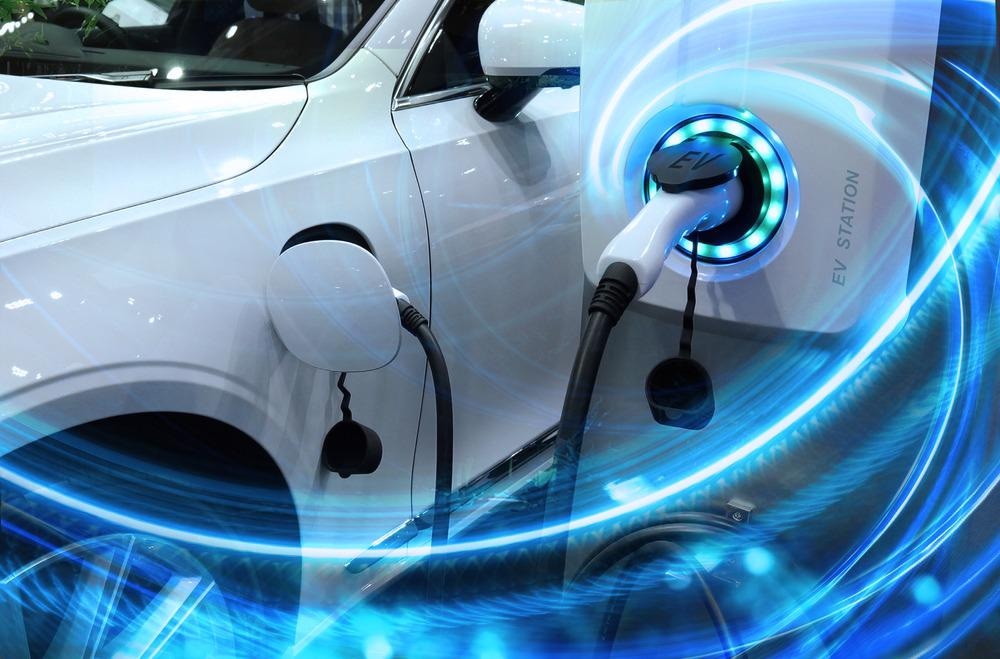New federal tax credits available for cost-cutting home energy … – KTVZ
Energy Disrupter

PORTLAND, Ore. (KTVZ) – Starting this year, more resources are available to help people cut their energy use and lower their energy bills. New federal tax credits are available as of Jan. 1 for energy upgrades that could make homes more energy-efficient and comfortable, Energy Trust of Oregon says.
The credits are part of the Inflation Reduction Act, which makes it easier for people to cut their energy use. The new tax credits, together with cash incentives already offered by Energy Trust of Oregon for both electric and natural gas upgrades, mean utility customers in Oregon and Southwest Washington can save more on items and equipment that may lead to a significant reduction in energy costs.
“We’ve been helping people save energy for more than 20 years, and we know that using less energy does more than save money. It makes our communities more resilient,” said Michael Colgrove, executive director of Energy Trust of Oregon. “We’re glad to see this historic investment in energy efficiency that benefits families and communities here in the Pacific Northwest.”
In addition to the energy efficiency tax credits, the Inflation Reduction Act also updated and extended tax credits for investments in renewable energy and battery storage systems.
As of Jan. 1, federal tax credits are available for the following upgrades, which can also be combined with incentives from Energy Trust for customers of Portland General Electric, Pacific Power, NW Natural, Cascade Natural Gas and Avista.
| Item | Federal Tax Credit (30% of total cost, up to cap listed below) |
2023 Energy Trust Incentive |
| Insulation | Up to $1,200 | Up to $1.50 per square foot |
| Windows | Up to $600 | Up to $1.50 per square foot depending on efficiency rating |
| Heat pump (warms and cools spaces) | Up to $2,000 | Up to $1,000 |
| Heat pump water heater, also called hybrid water heater | Up to $2,000 | Up to $700 instant discount on select models at participating retailers |
| Central air conditioning | Up to $600 | $100-$250 depending on SEER rating |
| Natural gas furnace | Up to $600 | Up to $1,000 |
| Natural gas water heater | Up to $600 | $100 from participating retailers and up to $400 for tankless natural gas water heaters |
| Solar | 30% for solar systems 30% also available for battery storage with new or existing systems. | Solar incentives vary. Find the most up-to-date incentive criteria here. |
*Requirements for federal tax credits and Energy Trust incentives may differ.
*There is an annual cap on federal tax credits of $1,200, with sub-caps on individual items. Homeowners can also receive up to $2,000 (not under the $1,200 cap) for a heat pump or a heat pump water heater.
*Some solar projects may also quality for state rebates.
Customers making these upgrades in 2023 can receive Energy Trust incentives when purchasing qualified equipment from a retailer or through an Energy Trust trade ally – trusted, qualified contractors in Oregon and Southwest Washington. Customers can then claim the corresponding tax credits when filing their 2023 tax return in 2024.
To determine which energy upgrades may be most helpful for your home, Energy Trust provides a free online home assessment. You can also connect with a home energy advisor who can answer questions about specific upgrades or can talk through how to prioritize which upgrades to make. Energy Trust can also connect you to its network of experienced contractors who can guide you through the installation process.
Rebates, greater support for families with lower incomes
In addition to these tax credits, the Inflation Reduction Act includes the development of rebate programs for energy efficient products and investments. In Oregon, these rebates will be developed and administered by the Oregon Department of Energy. Several of those rebates will go toward greater support for households with low to moderate incomes.
The rebates, which will become available later this year or in 2024, may include up to $8,000 toward heat pumps, which can reduce energy costs by as much as 50% depending on the home’s current heating system and can also cool spaces during warmer weather. Families with lower incomes will also be eligible to receive higher rebates for heat pump water heaters and installing insulation.
“On top of earning less money, families with lower incomes end up spending a higher share of their income on energy bills,” said Tracy Scott, director of energy programs at Energy Trust. “By reducing the cost of upgrades, these investments will help bring the benefits of energy efficiency and renewable energy to far more people.”
Energy Trust also offers greater support for people and families with lower to moderate incomes including larger cash incentives for home energy upgrades, including solar installations.
















